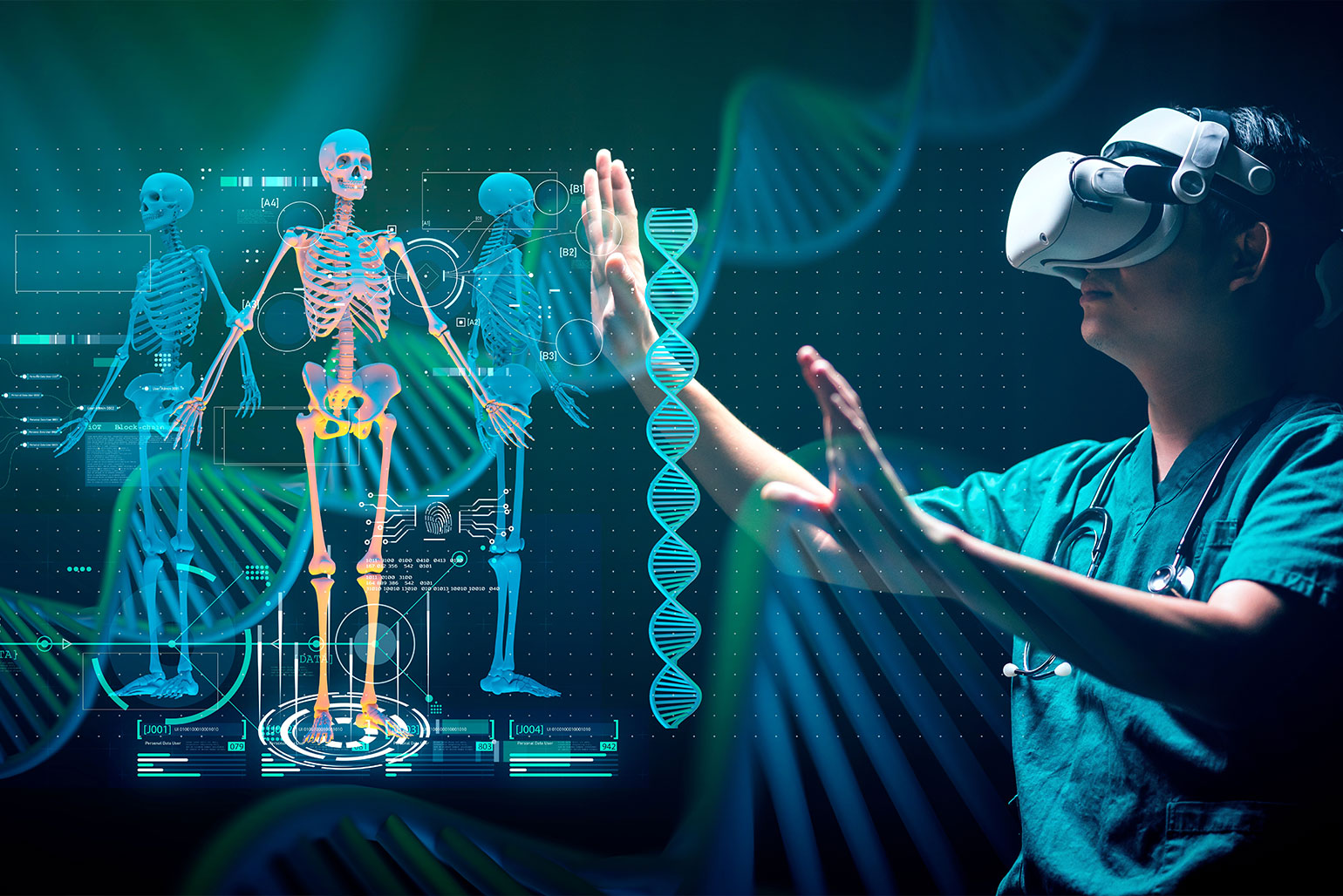Artificial intelligence (AI) is making huge strides in the healthcare sector, where access to vast amounts of data allows the technology to develop and practice. AI is most effective at a population level, making it useful for mass public health interventions, such as in disease surveillance and outbreak response. The technology can also reduce the strain on the human workforce and increase equity.
Despite AI’s potential benefits, ethical considerations must be prioritised in the design, development, and deployment of AI technologies for health. There is also a need to ensure that AI systems work to improve outcomes for all populations and overcome existing biases in healthcare.
The use of AI in healthcare includes clinical decision support tools, diagnostics, and workflow optimisation solutions. In Japan, the government is investing more than $100m into AI-based hospitals over the next five years, embedding AI into day-to-day workstreams, such as processing diagnostic images, updating patient charts, and analysing tests.
AI can help tackle non-communicable diseases, such as diabetes, heart disease, and cancer, by providing machine-based diagnostic tools that are assisted by existing research information. In Australia, biotech Artrya is using machine learning to combat coronary artery disease, the single largest cause of death worldwide, which accounts for one in three deaths annually. Artrya’s cloud-based software diagnostic, Salix, uses AI to detect soft plaque in the coronary artery, a sign of the disease. Salix analyses thousands of computed tomography coronary angiography scans to detect stenosis and biomarkers that indicate the presence of disease within minutes. The technology has gained approval in Australia and is being trialled around the country. Artrya is also set to commercialise the technology in the US and UK.
















